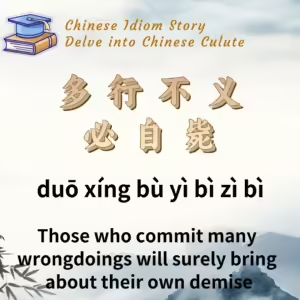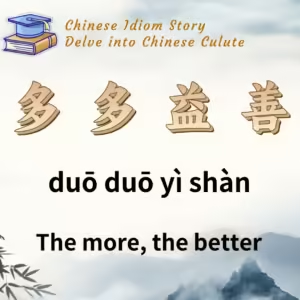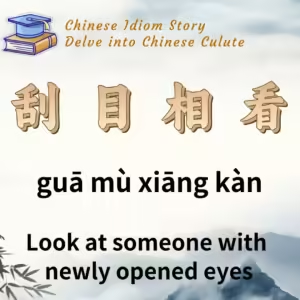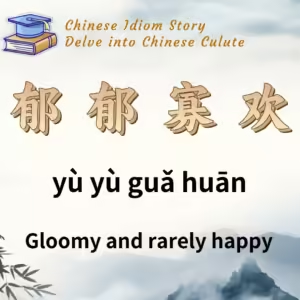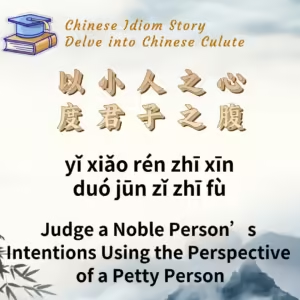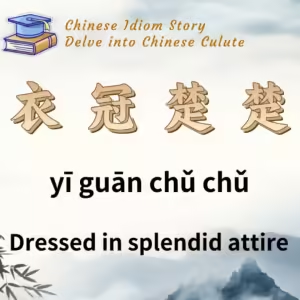
Chinese Idiom: 衣冠楚楚 (Yi Guan Chu Chu)
English Translation: Dressed in splendid attire
pīn yīn: yī guān chǔ chǔ
Idiom Meaning: This idiom describes someone who is dressed neatly and elegantly.
Historical Source: “Book of Songs” (《诗经》), specifically from the poem “Mayfly” (《蜉蝣》)
Idiom Story:
Cao was a small state during the Zhou Dynasty. It was founded by Duke Shu Duo, who was enfeoffed by King Wu of Zhou and established the capital at Taoyuan (modern-day Dingtao in Shandong). The state of Cao was eventually destroyed by the state of Song in 487 BCE.
The poem “Mayfly” is a satirical piece that criticizes the officials of a small, endangered state who were more concerned with their appearance and maintaining appearances than with the serious issues facing their country. The mayfly, an insect with a very short lifespan, is used as a metaphor for the superficiality and fleeting nature of their concerns.
The poem consists of three stanzas:
- 蜉蝣之羽,衣裳楚楚。心之忧矣,于我归处。
- “The wings of the mayfly, dressed in splendid attire. Where shall my heart’s sorrow find its place?”
- 蜉蝣之翼,采采衣服。心之忧矣,于我归息。
- “The wings of the mayfly, adorned in various clothes. Where shall my heart’s sorrow find rest?”
- 蜉蝣掘阅,麻衣如雪。心之忧矣,于我归说。
- “The mayfly emerges from its burrow, wearing white garments like snow. Where shall my heart’s sorrow find a home?”
In these stanzas, the mayfly’s short-lived existence and its elaborate attire symbolize the futility of focusing on superficial appearances while ignoring deeper issues.
Over time, the phrase “衣裳楚楚” from the poem evolved into the idiom “衣冠楚楚”, which is used to describe someone who is dressed in an elegant and refined manner.

